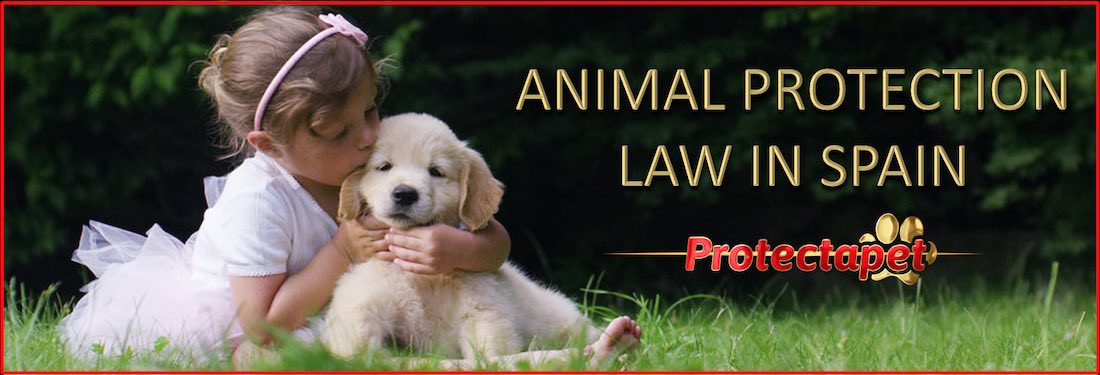

After several months of discussions, Spain’s Ley de Protección Animal, approved by the Spanish Cabinet, has instigated a new set of animal protection laws and put them into force.
Commonly known as the animal rights Law, The new legislation will prohibits the :
The new Animal protection law also limits private pet owners to a maximum of 5 animals per individual. Any more than this and a special permit is required. This starts from the day the new law came in to force on Friday February 18th 2022 and is not retroactive for people that already have more than 5 pets.
The breeding of dogs is restricted to only certified professionals to crack down on unauthorised pet breeding centres, where bitches give birth without rest until they die of exhaustion.
In an effort to encourage the protection of native animals species, Zoo´s in Spain are prohibited to buy exotic animals from other countries, and will instead be supported to re-introduce and conserve indigenous animals.
An update in the civil code in Spain has completely altered the status of pets.
The new legislation that focuses on animal welfare means that pets in Spain are now considered members of the family. From January 5, 2022, dogs and other pets are no longer considered as 'objects' but rather as 'sentient beings' in the court of law - meaning they have the capacity to experience feelings and emotions.
This means that from now on, animals will be legitimate members of the family and will have a different status from that of material goods
The new animal protection law now states that a dog owner or person responsible for a dog must pass a certified training course. The course will teach prospective dog owners how to properly care for their canine companion in regards to handling and behaviour.
The dog owners’ course will be a short online course and will be completely free of charge. The course is intended to teach people the importance of behaviour such as picking up after their dog on the street.
The Spanish authorities are cracking down on the kind of animals that can be kept as domestic pets. The main reason behind this, is the worry of non-native species being abandoned in to the wild which could threaten the indigenous plant and animal life in Spain.
The animals that are prohibited as being kept as pets are:
Parrots pose a serious threat to the survival of pigeons and sparrows in Spain, as well as building nests that can weigh up to 200 kilos which is damaging local plant life (Fauna) This problem is having to be contained and controlled by annual culling of the Parrots.
Hedgehogs are normally known for controlling insects and for that reason they are welcome in gardens in the U.K. However, in Spain the hedgehog poses a serious threat to the native species.
Racoons are copious breeders, extremely resistant to bad weather, need little food for survival and are an aggressive animal which is hard to tame. This makes the Racoon a dangerous animal to the Spanish Eco system
Having a pot bellied pig as a pet in Spain is strictly prohibited due to the risk of them breeding with wild boars, making a new species known as Wild boar or Peroli in Spain This new breed greatly dilutes the native bloodline of the Spanish Boar and due to the huge numbers, destroy the local plant life.
There are two reasons that Lovebirds are prohibited as pets in Spain. Firstly, it is to protect and conserve the Spanish Flora and Fauna and secondly, this beautiful species of birds are coming close to extinction. This rule has also been put in place to stop the capture of Lovebirds and inter breeding with other species, which would then pose a danger to the gene pool.